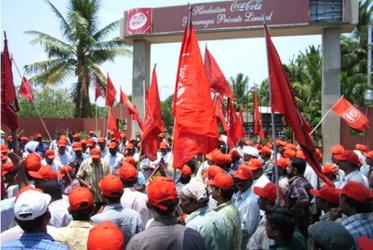Displaying 61 - 80 of 129
27 September 2022
Répondre aux besoins humanitaires en Ukraine
27 September 2022
Assembly workshop looked toward ending AIDS epidemic by 2030
19 September 2022
Water as a divine gift, and justice issue
08 September 2022
Ukraine: Responding to humanitarian need
08 September 2022
Water and justice at the WCC 11th Assembly
20 July 2022
Called to Transformation - Ecumenical Diakonia
09 June 2022
Groundwater is “a political question”
27 April 2022

















